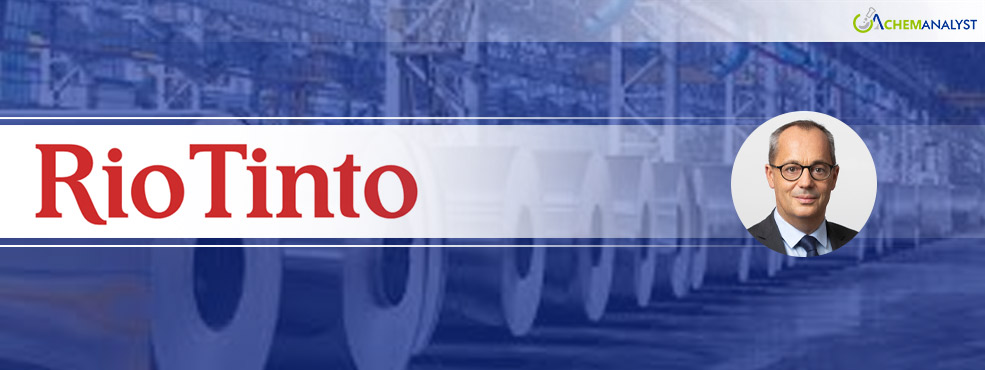Welcome To ChemAnalyst

Rio Tinto has entered a strategic collaboration with Swedish investment firm Vargas, Mitsubishi Corporation, and a consortium of international and local industry partners to explore the development of a low-carbon aluminium greenfield project in Kokkola, Finland. The initiative, named the Arctial partnership, aims to leverage cutting-edge technologies and sustainable practices to produce aluminium in a more environmentally responsible manner, in line with global decarbonization goals.
As the primary industrial partner, Rio Tinto will provide the consortium with access to its state-of-the-art AP60 aluminium smelting technology, a highly efficient process developed by the company and already operational in Quebec, Canada. The deployment of AP60 in Kokkola would mark its first use outside North America, offering an opportunity to significantly reduce the carbon footprint of the aluminium production process. The AP60 technology is one of the most advanced and energy-efficient smelting methods available, capable of significantly lowering greenhouse gas emissions compared to traditional aluminium smelting techniques.
The Arctial consortium's initial steps will focus on conducting a comprehensive feasibility study and environmental impact assessment (EIA) for the proposed smelting plant. These studies will evaluate the potential economic and environmental benefits of locating the project in Kokkola, a key industrial hub in Finland. If successful, the Kokkola facility could become the first new primary aluminium production operation in continental Europe in over three decades, representing a substantial revitalization of the region’s aluminium industry.
A core element of the project’s sustainability vision is the integration of low-carbon energy. The partnership will work closely with Fortum, a Nordic leader in carbon-free energy, to source competitive, renewable energy for the smelting process. This will help ensure that the aluminium produced at Kokkola is among the lowest-carbon aluminium products available globally. The collaboration with Fortum will also explore new methods of integrating renewable energy from both existing and emerging sources, further enhancing the project’s environmental credentials.
The involvement of Finnish Industry Investment (TESI) and other technology leaders adds a layer of expertise and innovation to the project, ensuring that the Kokkola facility can integrate the latest advances in both energy and industrial technologies. This collaboration is critical as Europe aims to meet its ambitious carbon neutrality targets by 2050, with aluminium playing a central role in green technologies such as electric vehicles, energy storage, and renewable energy infrastructure.
Jérôme Pécresse, CEO of Rio Tinto Aluminium, noted that the company’s involvement in the Arctial partnership reflects its broader strategy to lead in the production of low-carbon metals. “Combining our AP60 technology with electricity sourced from non-fossil fuel energy presents an attractive opportunity to provide low-carbon aluminium that supports Europe’s industrial base and the energy transition,” said Pécresse.
The Kokkola project, if realized, would represent a significant step forward in the EU’s efforts to decarbonize its industrial sectors. Aluminium is integral to Europe’s green economy, especially in sectors that require lightweight, durable materials like electric vehicles and clean energy systems. The project could set a new benchmark for aluminium production in Europe, ensuring a sustainable supply of the metal that meets the growing demand for low-carbon products.
With Rio Tinto’s commitment to advancing low-carbon technologies, the Arctial partnership is poised to become a cornerstone of the European aluminium sector’s transformation. The collaboration promises to showcase how industrial partnerships, advanced technology, and sustainable energy solutions can work together to drive the green energy transition while strengthening Europe’s industrial base.
We use cookies to deliver the best possible experience on our website. To learn more, visit our Privacy Policy. By continuing to use this site or by closing this box, you consent to our use of cookies. More info.
